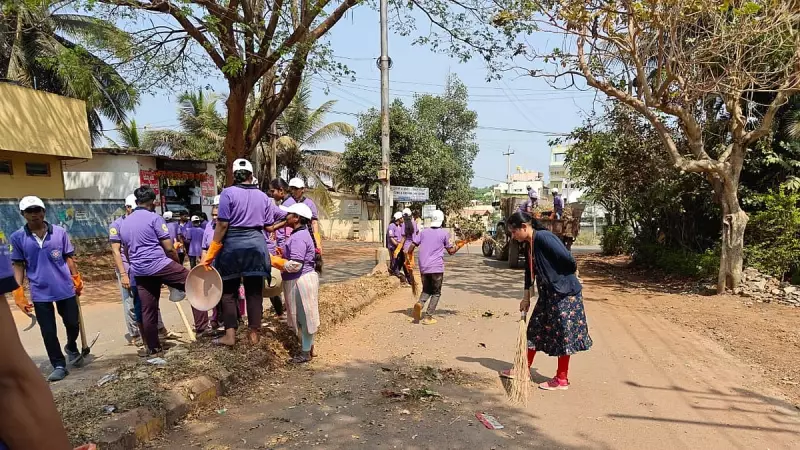
In a significant move to enhance urban sanitation, Bengaluru witnessed a massive cleanliness drive across its Central and East corporation limits. The extensive initiative, conducted on November 15, 2025, targeted multiple areas within the city's municipal boundaries, marking one of the most comprehensive cleaning operations in recent times.
Extensive Coverage Across Assembly Constituencies
The cleanliness campaign achieved remarkable geographical coverage, particularly within the Central City corporation jurisdiction. Areas spanning six assembly constituencies received focused attention during this drive. The operational scale was impressive, with cleaning activities covering close to 27 kilometers of urban landscape.
This ambitious project demonstrated the municipal authorities' commitment to addressing sanitation challenges in one of India's fastest-growing metropolitan areas. The coordinated effort involved multiple teams working simultaneously across different zones to maximize impact.
Strategic Implementation and Public Participation
The timing of the drive, conducted in mid-November, indicates strategic planning by the corporation authorities. The post-monsoon period often requires intensified cleaning operations to address accumulated waste and maintain public health standards.
While specific details about the number of participants and machinery deployed weren't provided in the initial report, the substantial area coverage suggests significant resource mobilization. Such initiatives typically involve municipal workers, volunteers, and advanced cleaning equipment to ensure thorough sanitation.
Long-term Impact on Urban Environment
This cleanliness drive represents more than just a one-time cleaning event. It underscores the growing emphasis on sustainable urban management in Indian cities. Regular, large-scale cleaning operations are crucial for maintaining public health, especially in densely populated urban centers like Bengaluru.
The focus on assembly constituency-level implementation suggests a decentralized approach to urban cleanliness, potentially allowing for more targeted and effective waste management strategies tailored to specific local needs.
As Bengaluru continues to grapple with urban challenges, initiatives like this massive cleanliness drive set important precedents for other Indian cities facing similar sanitation issues. The success of such programs could inspire replicated efforts across the country's urban landscape.





